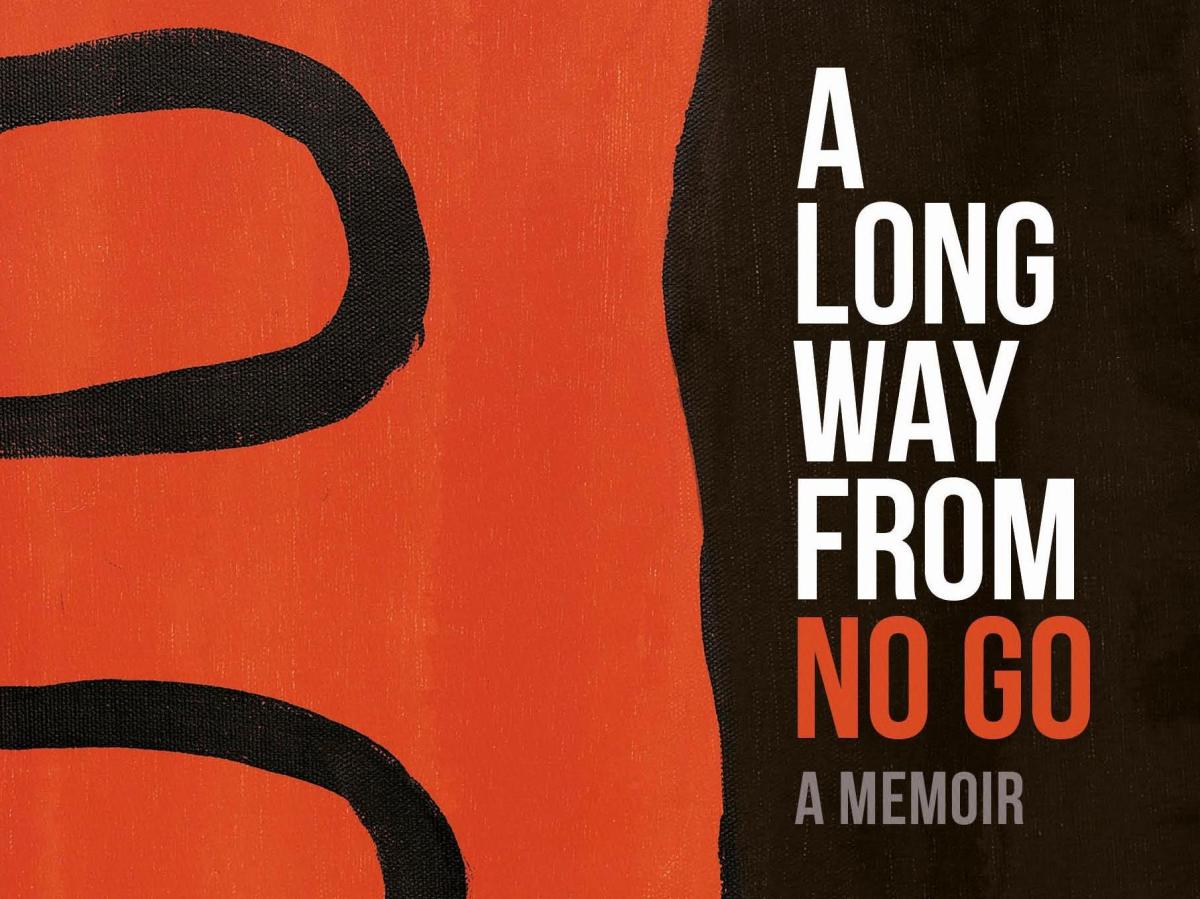In this no-holds-barred memoir, Tjanara Goreng Goreng, née Pamela Williams, tells of her turbulent and busy life with equal parts humility and pride. Having reached age 60, she is by no means at the end of her story nor of her work for the betterment of Indigenous people, but her journey to date is well worth the telling.
At the age of 30, Tjanara changed her name to mark the 1988 bicentennial celebration of the ‘white invasion’. She’d had ‘enough of being an assimilated black person, enough with white-fella conditioning, with Catholicism, with trying to make [herself] palatable for the migloos’. (Migloo is an aboriginal term for a white person.)
By the time she changed her name, Tjanara had seen more of Australia and had lived through a far greater range of experiences than most people do in a lifetime. It is tragic that those experiences include repeated sexual abuse and racial discrimination, traumas which naturally had a grave impact on her. Being a talented and beautiful young Indigenous woman brought up as a Catholic in a dysfunctional family brought its problems, but at least her mother insisted that Tjanara be given a good education. Her mother was convinced that the road to success for her daughter was to assimilate with white Australia, but while Tjanara’s school years were marked by sporting successes and scholastic achievements, she also experienced further racial discrimination and sexual abuse.
To condense the recollections of a busy life into a memoir of some 200 pages inevitably means that much has to remain unsaid or implied. Details need to be sketched in or omitted. This is handled well in this memoir although a clearer indication of the dates at which certain things occurred would help the reader to better place events in the context of the times in which they happened.
Over the years, Tjanara had many and varied jobs including, surprisingly, a stint working in the Prime Minister’s Department during John Howard’s time. She never had a problem finding a new job when she considered it was time to move on. Most of her work was in jobs that involved helping Indigenous people. She writes about the women from Brewarrina and Wilcania who told her ‘how every female in those towns, from little girls to adults, had been sexually abused by men of whatever skin colour; all the women’. Situations such as those motivated her to run numerous workshops in Australia and overseas to help women.
Tjanara’s personal demons led to a number of nervous breakdowns but eventually she achieved recovery. There is no doubt her own experiences contributed to her skill in helping others and fuelled her determination to expose sexual predators, which she did sensationally and successfully.
She is perhaps best known as the whistle-blower regarding the Northern Territory Emergency Response. Known as ‘the intervention’ it involved a substantial deployment of police and included the suspension of the permit system in Indigenous lands and suspension of the Racial Discrimination Act in the Northern Territory, among other things. ‘How was bashing poverty-stricken townships that lacked for jobs or local businesses going to help anyone?’ she asked.
Tjanara believes that ‘breaking the cycle of economic stagnation, social dysfunction and policy failure won’t happen unless Aboriginals seize control of their own destiny’. And for anyone interested in aboriginal affairs, this breathtakingly honest memoir is required reading.
4 ½ stars ★★★★☆A Long Way From No Go
Tjanara Goreng Goreng with Julie Szego
Nonfiction: Memoir
Print ISBN: 9780648215974
ePub ISBN: 9780648215912
ePDF ISBN: 9780995378209
Trade Paperback
$ 29.95
Wild Dingo Press
13 September 2018





